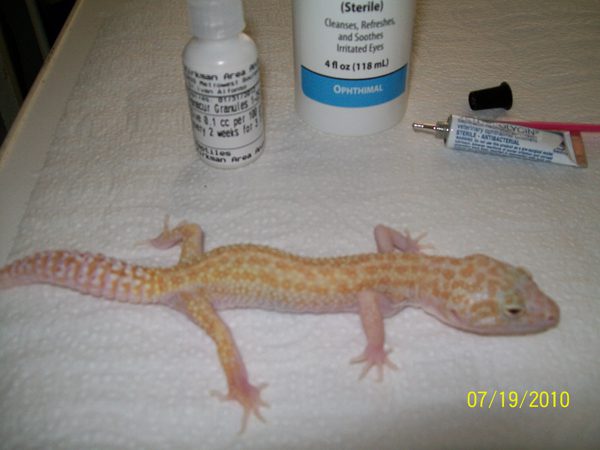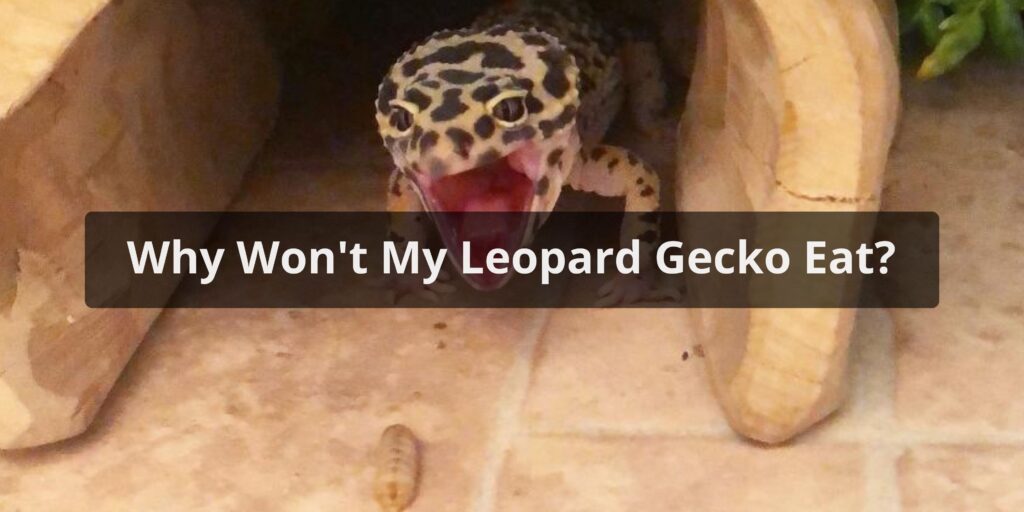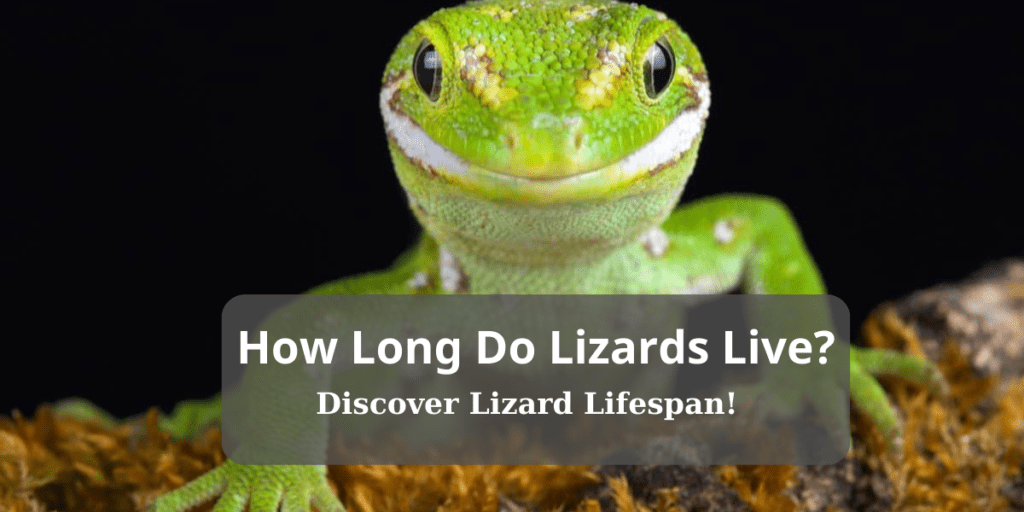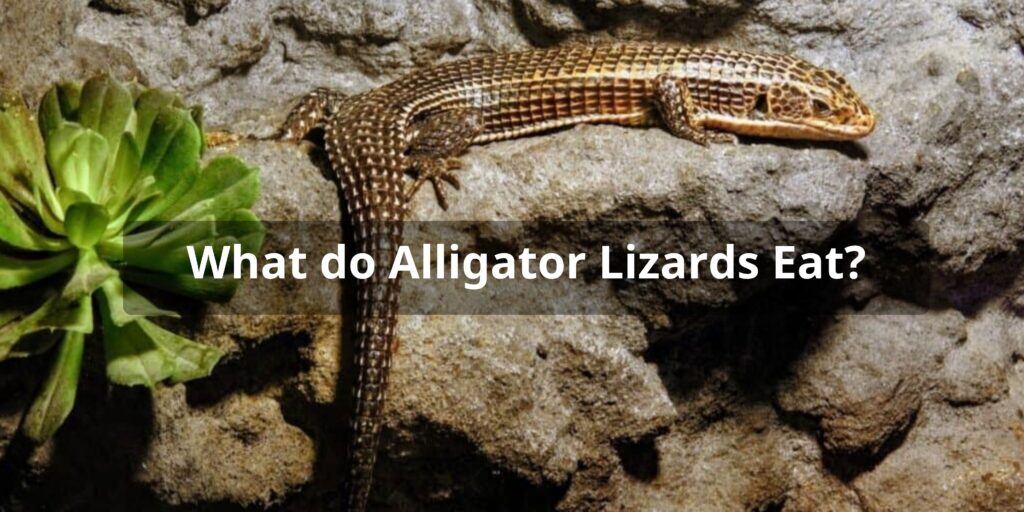Leopard geckos are generally hardy reptiles that eagerly accept food. However, these popular pet lizards sometimes go through periods of time where they refuse to eat. There are several potential reasons why won’t my leopard gecko eat.
Loss of Appetite

One of the most common reasons a leopard gecko stops eating is simply a loss of appetite. This can occur for a variety of reasons:
Shedding
Leopard geckos typically go off food a few days before shedding their skin. This is normal, as the shedding process is taxing on their bodies. As long as your gecko is acting healthy otherwise, there is no need for concern if it skips a meal or two around a shed. Offer food again once the shed is complete.
Brumation
Some leopard geckos brumate during the winter months, essentially hibernating. Brumation leads to decreased appetite and activity levels. As long as your gecko is maintaining a healthy weight, brumation is normal seasonal behavior you don’t need to worry about. Offer food less frequently during this time.
Stress
Stress is another common reason for leopard geckos to stop eating. Causes of stress include:
- Changes to the enclosure or habitat
- Loud noises or excessive activity near the tank
- Tank mate aggression or bullying
- Improper temperatures or lighting
- Overhandling
Evaluate your gecko’s environment and routine and make adjustments to reduce stressors. Also, give the gecko some peace and quiet for a few days to settle back down.
Illness

An illness, disease, or parasite can suppress appetite in leopard geckos. Some possible medical causes include:
- Respiratory infections
- Mouth rot
- Gastrointestinal issues
- Parasites
- Metabolic bone disease
If your gecko is displaying other symptoms like lethargy, weight loss, or abnormal waste, a veterinary exam is recommended to diagnose and treat any underlying health problems.
Improper Husbandry
Another prevalent reason for leopard geckos to go off feed is improper care and husbandry. Key areas to evaluate include:
Incorrect Temperatures
Leopard geckos are cold-blooded and rely on external heat sources to regulate body temperature. If the temperature gradient in the tank is off, with either the cool side or warm side being too hot or cold, digestion and appetite will suffer.
Use a high quality digital thermometer with a probe to check temperatures. The cool side should be 70-75°F and the warm side 88-92°F with a basking spot of 90-95°F. Make adjustments to heating elements and thermostats as needed.
Inadequate Lighting
Lighting is important for leopard geckos to maintain a day/night cycle and properly absorb and utilize calcium. Lack of UVB exposure can lead to metabolic bone disease.
Provide a linear UVB bulb designed for reptiles over part of the tank and maintain a 12 hour on/off cycle for the UV and any supplemental heat lamps.
Improper Diet
Feeding an imbalanced, inadequate, or inappropriate diet is another husbandry issue that will cause appetite loss in leopard geckos.
Feed a variety of appropriate gut-loaded insects like crickets, roaches, mealworms, and calcium-dusted worms. Avoid overfeeding worms, which are higher in fat. Offer fresh water at all times.
Incorrect Supplements
Dust feeder insects with a calcium supplement at every feeding and a multivitamin 1-2 times per week. Use supplements specifically formulated for reptiles and avoid over-supplementing.
Poor Tank Hygiene
Excess waste, dirt, and odors from infrequent tank cleaning can cause leopard geckos to go off feed. Spot clean waste daily and do a full substrate change and disinfecting monthly.
By correcting any husbandry issues, you can often get a leopard gecko back on track with a healthy appetite. Make adjustments one at a time and monitor.
Unnatural Habitat
While leopard geckos are a domesticated pet species, their natural behaviors and instincts can still kick in, especially if the tank habitat is not ideal.
In the wild, leopard geckos are crepuscular and nocturnal. Having bright lighting during the day and complete darkness at night helps stimulate normal feeding routines.
Providing plenty of hiding spots, foliage, and clutter also helps them feel secure, minimizing environmental stress. Give your gecko both warm moist hides and cool dry hides to allow thermoregulation.
Sometimes a larger enclosure is needed, as adult leopard geckos require a minimum tank size of 20 gallons. Overcrowding causes stress.
When to Seek Veterinary Care

While most situations of leopard geckos not eating resolve with patience and improved care, seek help from an exotic veterinarian if:
- Your gecko is losing significant weight or shows signs of emaciation
- There are other symptoms of illness present
- Loss of appetite persists for longer than 2-3 weeks
Prolonged lack of food can lead to hepatic lipidosis, also known as fatty liver disease, which can be fatal. Veterinarians can identify underlying health issues and provide supportive care such as fluid therapy and assisted feeding.
With attentive husbandry and quick intervention when appetite declines happen, you can get your leopard gecko back on schedule with normal, healthy eating habits in no time. Be observant of cues, make habitat adjustments, and be patient. Consistency, proper lighting and heating, cleanliness, and a well-balanced diet will keep your pet gecko’s belly full.
Conclusion
In summary, leopard geckos are prone to occasional appetent loss due to shedding, brumation, stress, illness, incorrect husbandry, or inadequate habitat. By making adjustments to care, environment, and diet, monitoring health, and seeking veterinary care if needed, you can get your gecko eating again. With attentive and knowledgeable care, leopard geckos can thrive and readily accept food.
FAQs About Why Won’t My Leopard Gecko Eat
How can I tell if my gecko’s refusal to eat is a concern?
If your gecko’s appetite loss persists for more than a week, it’s a cause for concern. Additionally, if you notice weight loss, lethargy, or other unusual behaviors alongside the refusal to eat, it’s crucial to seek veterinary advice promptly.
Are there common health issues causing appetite loss?
Yes, several health issues can lead to appetite loss in leopard geckos. These include respiratory infections, parasites, mouth rot, metabolic bone disease, or even stress. A vet can perform diagnostic tests to identify the underlying problem and recommend appropriate treatment.
What are the potential environmental factors affecting eating habits?
Environmental factors like incorrect temperatures, inadequate humidity, an unsuitable enclosure setup, or disruptions in the gecko’s environment can influence their eating habits. Ensure that the enclosure provides the right conditions to create a comfortable and stress-free environment for your gecko.
Can stress or changes in the enclosure impact their appetite?
Yes, stress or significant changes in the enclosure can indeed impact a leopard gecko’s appetite. Stressors like relocation, introduction of new cage mates, or alterations in their habitat can cause temporary appetite loss. Minimize stressors and maintain a stable environment to encourage normal eating habits.
How should I handle a gecko that’s not eating?
If your gecko is not eating, take a proactive approach. Ensure proper husbandry, maintain a clean and comfortable enclosure, and offer a variety of suitable prey. Consider hand-feeding and consult a veterinarian if appetite loss persists, as it could be a sign of an underlying health issue that requires professional attention.



